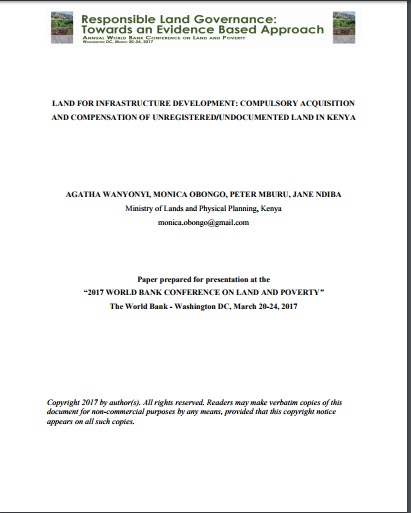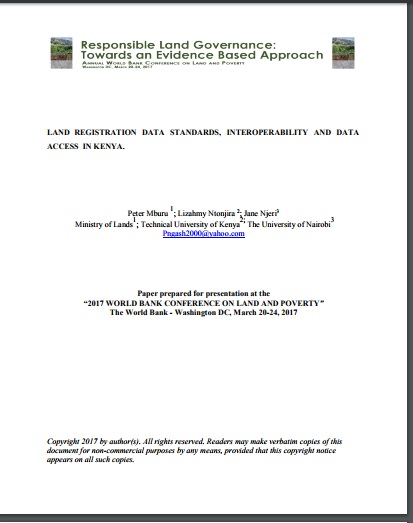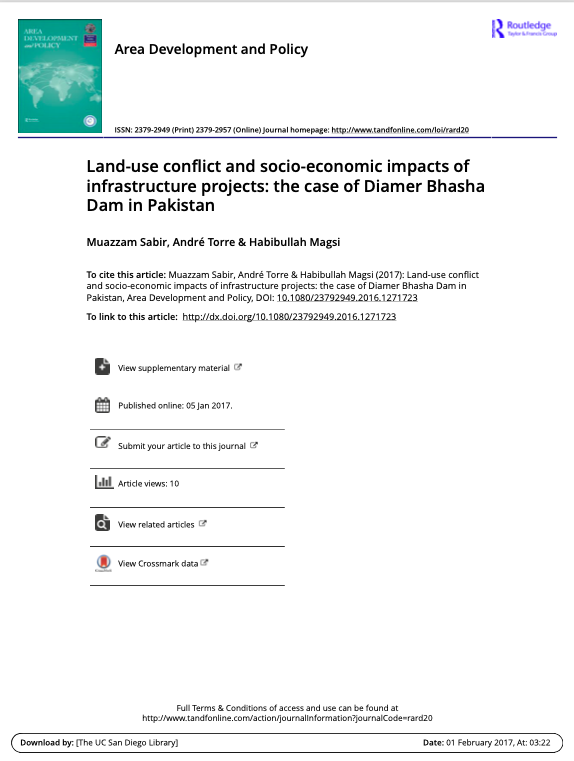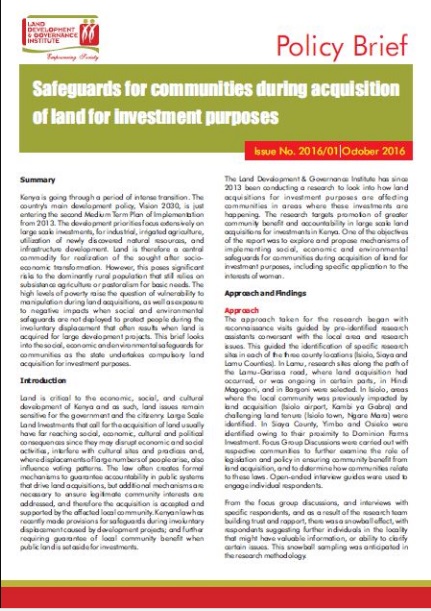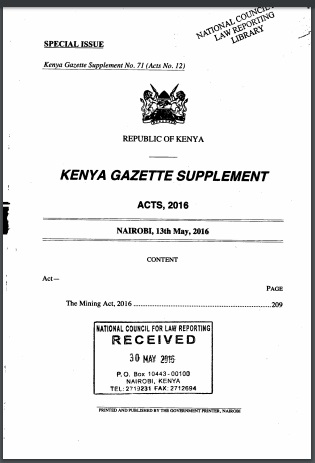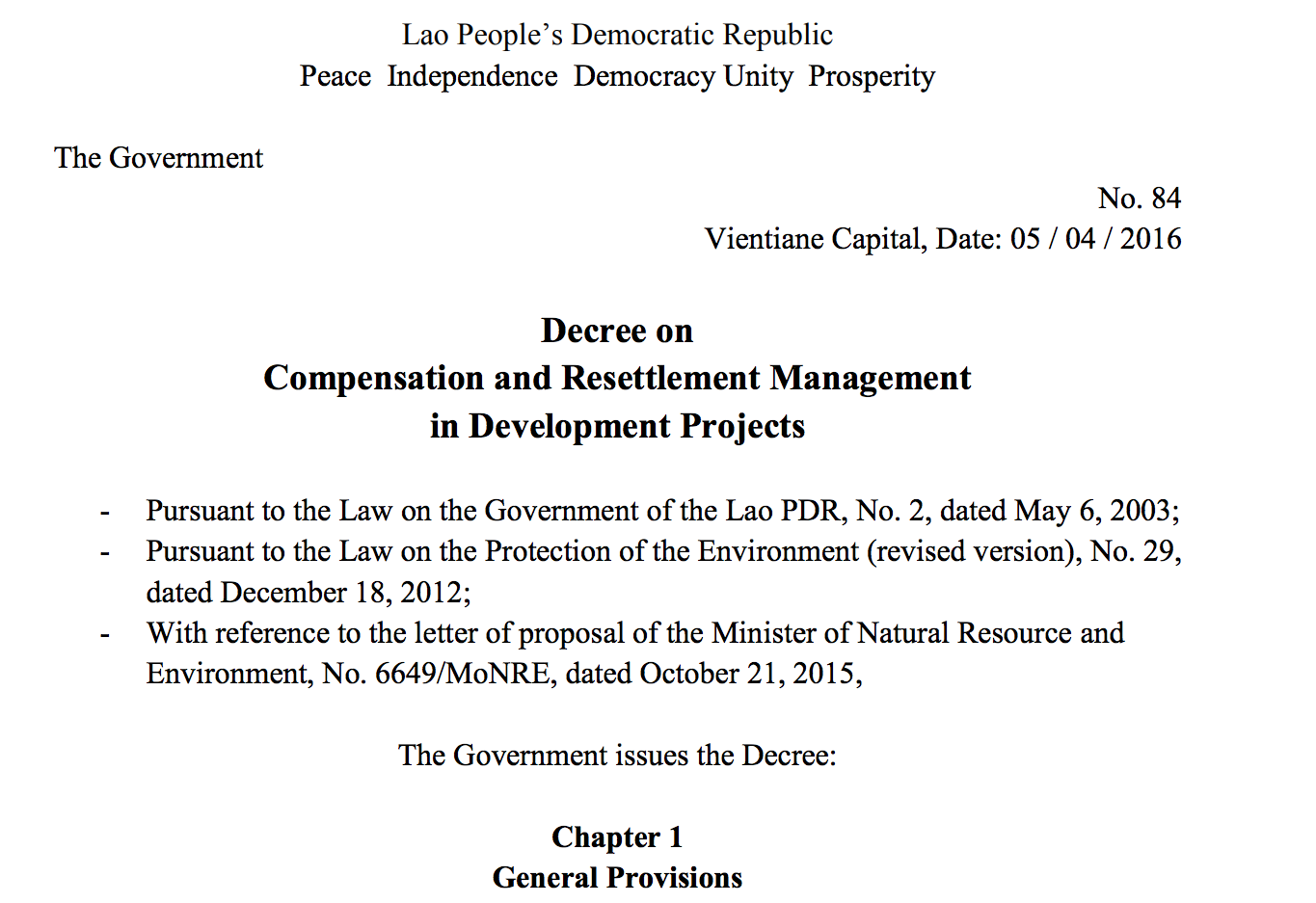The Status of National Legal Frameworks for Valuing Compensation for Expropriated Land: An Analysis of Whether National Laws in 50 Countries/Regions across Asia, Africa, and Latin America Comply with International Standards on Compensation Valuation
The challenges associated with determining fair compensation for expropriated land have been extensively discussed and debated among scholars, practitioners, policymakers, and the public. However, to date, a comprehensive study of national-level compensation procedures established by law considering whether such procedures meet internationally recognized standards on compensation valuation has not been conducted. This article aims to bridge this gap by serving as a reference point and informing “expro” debates among scholars, practitioners, and policymakers.


